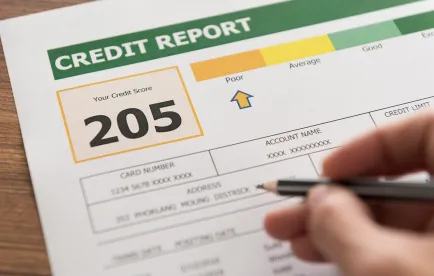The Consumer Financial Protection Bureau (CFPB) recently issued a legal Advisory in early July 2022, intending to protect the privacy rights of individuals subject to background checks by third-party consumer reporting agencies (CRAs) under the federal Fair Credit Reporting Act (FCRA). The Advisory also seeks to remind users (e.g., employers) of their obligations under FCRA.
FCRA was initially enacted in 1970, and then significantly amended in 1996, resulting in the technical process employers must follow today when seeking and relying upon information received from a CRA. For employers, the process starts with, whether the company has a “permissible purpose” for requesting the background check from the CRA. The CFPB Advisory re-states a well-known FCRA principle: a permissible purpose to obtain a background check relates to credit, employment, and insurance.” (FCRA Section 604, “Permissible purposes of consumer reports.”)
This legal advisory does not really change the “strict technical compliance” rules under FCRA for companies conducting post-offer background checks for applicants using third-party CRAs. Nor do the technical rules change for promotions, which also typically fall under an “employment purpose.” An employer deciding out of curiosity (with no employment purpose) to run a credit check on someone, for example, would not have a “permissible” purpose.
Because the CFPB’s mission is to protect consumer privacy, the Advisory reminds CRAs they cannot provide reports to anyone including an employer that does not have a “permissible” purpose. The CFPB, for example, wants CRAs to use in certain instances, stronger name-matching techniques to avoid potential violations of Section 604.
To add strength to its Advisory, the CFPB reminds us there is potential criminal liability for obtaining a background check report under false pretenses or providing a background report to an unauthorized individual. There is potential civil liability under FCRA as well.
Key Takeaways for Employers
-
Employers should understand processes, practices, and agreements they have with CRA vendors given the CFPB’s advisory.
-
There are a host of other laws to consider in navigating the background checks process: from state fair credit reporting laws, credit laws, ban the box laws, criminal considerations, and more.
-
FCRA and CFPB’s advisories can impact all types of background checks by CRAs, not just “credit” checks.
Special thanks to Sean King, a Summer Law Clerk for his assistance with this blog.





 />i
/>i
